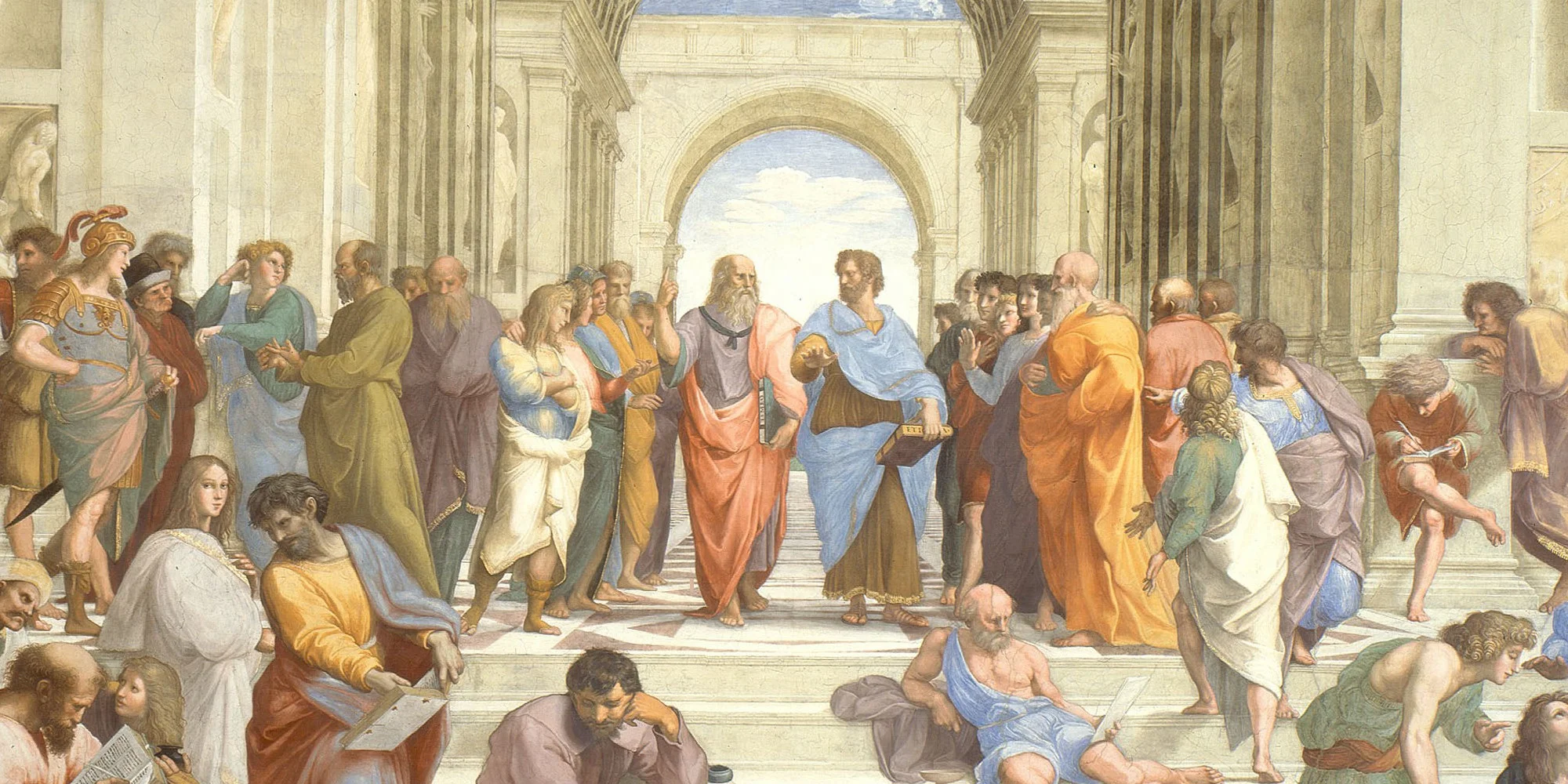CRoss-Cultural Encounters
The 15th Annual Conference of the International Society for MacIntyrean Enquiry
Organized in collaboration with the Department of Philosophy, Muğla Sıtkı Koçman University.
Muğla Sıtkı Koçman University, Muğla, Turkey + Online
June 15-17, 2021
Conference Secretary: Buket Korkut Raptis
CALL FOR PAPERS
According to MacIntyre, rational moral discourse requires the framework of a tradition. Traditions are handed down to new generations through a variety of cultural practices, which shape our values and perspectives on human flourishing.
This view has sometimes been taken to imply skepticism about the possibility of rational dialogue or even deep understanding between different cultures, but MacIntyre himself has sought to show that this is not entailed by his view. On the contrary, a major theme in his work since After Virtue has been that cross-cultural encounters can be a vital source of moral insight and cultural progress.
This conference is organized around two inter-related goals. First, we want to investigate how fruitful cross-cultural encounters are possible. Relevant questions include: What are the conditions required to understand a culture? What is the relationship between language and culture, and how useful is the metaphor of translation in thinking about cross-cultural dialogue? How can cross-cultural encounters lead to moral progress and how is genuine progress to be distinguished from mere change? Second, we would like this conference to itself serve as an opportunity for cross-cultural encounters, in which we bring forward different perspectives and seek to learn through dialogue. Relevant questions include: How has your own cultural formation influenced your ranking of different goods and your perspective on human flourishing, and on what grounds are these judgments to be justified? To what extent does fruitful dialogue about these questions depend upon immersion in particular cultural practices?
We welcome papers on these and related questions that draw upon different disciplines, including moral and political philosophy, anthropology and social theory, psychology and sociology, theology, and educational theory.
